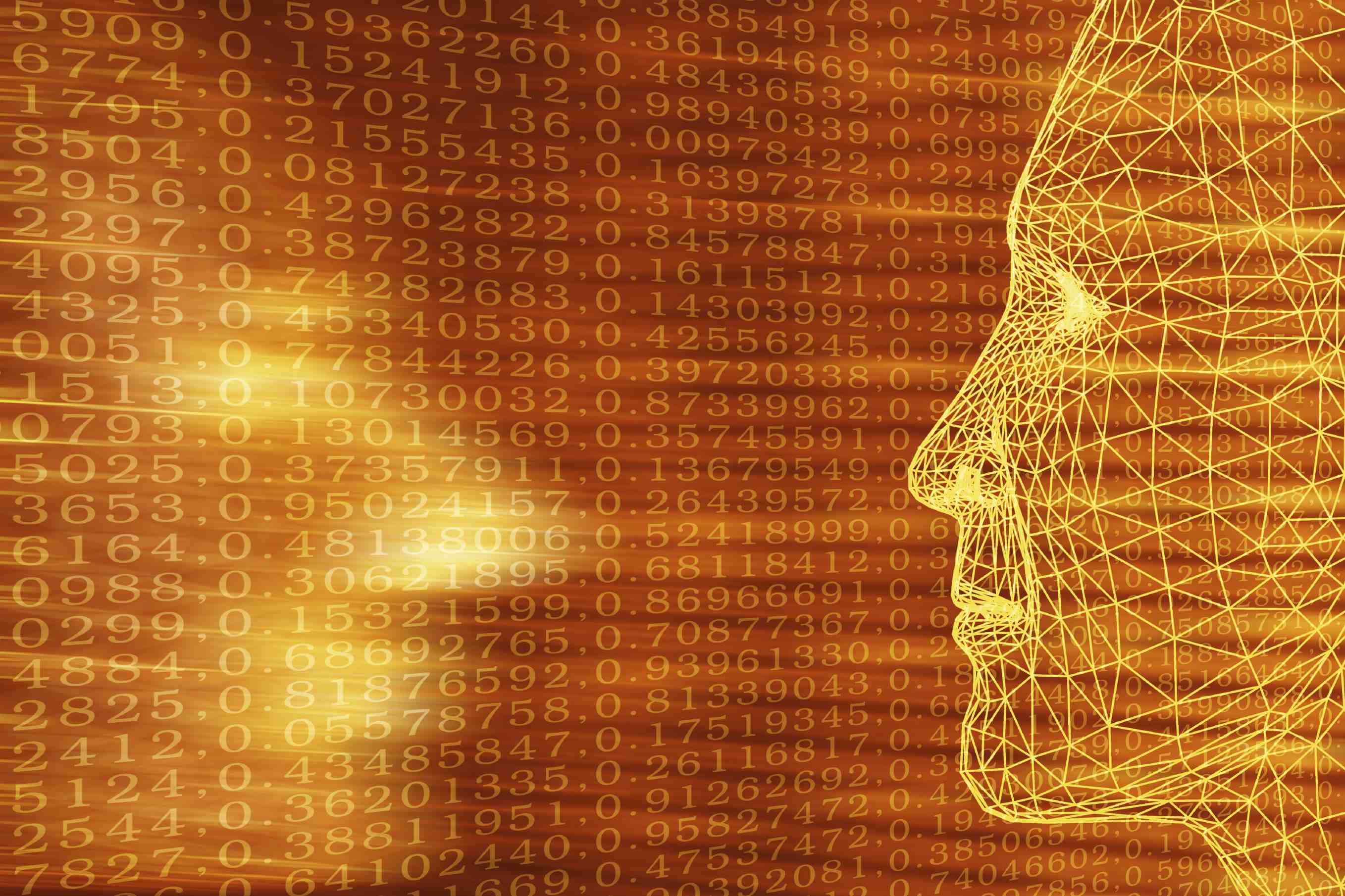Dobrodošli na stranice Zavoda za elektroničke sustave i obradbu informacija.
.jpg) |
 |
Dobrodošli na stranice Zavoda za elektroničke sustave i obradbu informacija.
.jpg) |
 |
Zavod za elektroničke sustave i obradbu informacija, Hrvatsko društvo za biomedicinsko inženjerstvo i medicinsku fiziku (HDBIMF) i Odjel za tehniku u medicini i biologiji Hrvatske sekcije IEEE pozivaju Vas na predavanje
"Neuroprosthetic technologies to restore movement and communication
of people with paralysis"
koje će održati Dr. Tomislav Mileković, École Polytechnique Fédérale de Lausanne (EPFL), Švicarska u ponedjeljak, 20. ožujka 2017. godine, u 10.15 sati, u dvorani D-1 Fakulteta elektrotehnike i računarstva Sveučilišta u Zagrebu, Unska 3, Zagreb. Predavanje je na engleskom jeziku, a predviđeno trajanje s raspravom je 60 minuta. Predavanje je otvoreno za sve zainteresirane, a posebno pozivamo studente.
Abstract: Paralysis has a severe impact on a patient’s quality of life and entails a high emotional burden and life-long social and financial costs. Restoring movement and independence for people with the most severe forms of paralysis remains a challenging clinical problem, currently with no viable solution. Recent demonstrations of brain-computer interfaces, neuroprosthetic devices that create a link between a person and a computer based on a person’s brain activity, have brought hope to millions of people with paralysis for their potential to restore movement and communication. While the brain-computer interfaces have steadily improved over the last four decades, recent success in linking brain activity with the newly developed techniques for spinal cord stimulation look to revolutionize locomotor rehabilitation. New approaches in designing neural decoding algorithms, which transform neural signals into computer commands, aim to deliver both stable and accurate control over clinically relevant periods of several months. Preliminary clinical studies suggest that these concepts and technologies are directly translatable to therapeutic strategies for people with paralysis.
Tomislav Mileković obtained his PhD from the Imperial Colleague London, worked as a postdoc at the Brown University, is currently a postdoc at the École Polytechnique Fédérale de Lausanne (EPFL), and will soon become a junior group leader at the University of Geneva. He investigates how neural activity, measured from the surface and within the cortex of primates, encodes movements, movement intentions and movement errors. He uses gained knowledge to develop and advance brain-computer interfaces, systems that allow subjects with paralysis to control external devices, like computers, robotic limbs or spinal cord stimulators, solely by their brain activity. In his recent article published in Nature, he demonstrated that brain-controlled spinal cord stimulation can restore walking of primates with paralyzing spinal cord injury. He is supported by Morton Cure Paralysis Fund and Marie Curie fellowships and grants from the Swiss National Science Foundation, Parkinson Schweiz foundation and Hasler Stiftung foundation. He aims to transform the lives of people with paralysis by engineering brain-computer interfaces capable of both stable and complex control of prosthetic devices.